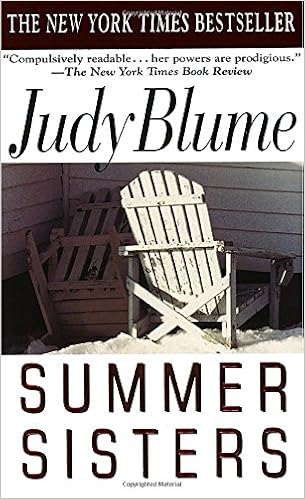
I was 25 when I married and moved from the plains to Mississippi. It was like learning to swim by diving in the deep end of Southern Culture. I traded wide, far, horizons for close, verdant landscapes; dry heat for humidity; corn for okra. I also fell headlong, into beliefs and traditions that weren't my own. For example, one of my first acquaintances was an elderly neighbor lady who continually delighted and frustrated me. She was a lovely, friendly soul, and very kind to a lost, newlywed, giving me afternoon tea and shopping tips, but she insisted on calling me Mrs. Golden and deferring to me in every question. She also insisted I call her solely by her first name. Now I had been raised to recognize the seniority of older, more-experienced, hostesses, especially when using their names, but I reckoned without two things. My neighbor lady had been taught that skin color established who had the real authority, and I was fair while she was dark. Because of this, we spent most of our afternoons trying to verbally outmaneuver each other with courteous remarks. In the end, our mutual efforts to show respect became one more insurmountable obstacle to developing any genuine friendship.
Those memories of long, sweltering days and sweet, frustrating afternoons came flooding back when I read Kathryn Stockett's The Help. I've always been an outsider, but Mississippi is the place that taught me what it means to be a "Stranger in a Strange Land."

Stockett's Jackson, Mississippi in this 1960's tale is like a never-ending high school for outsiders. Here, the successful derive their social and political power from their ability to exclude. They use all kinds of rules to undermine and isolate others: blacks are excluded from white society, women from men, poor from rich, single people from married couples and "well-born" people from "trash." Meandering through this miasma is Skeeter, a girl whose family and skin color should make her an insider, but whose height and ambition exclude her from the group. More than anything, Skeeter wants to be a published author and, since the Civil Rights unrest is in the news, she decides to write about the least powerful groups in Jackson; the black women who work in white households. That decision and the resulting book overturns Jackson, Mississippi and the lives of each soul in The Help.
Much has been deservedly written about how The Help captures the story and voices of black and white Southern Women in that tumultuous period, but it is the humanity of the characters that I like. All of the central characters of The Help are female and ensnared by the rules and expectations of their society. This trap frustrates some and enrages many, but all suffer from its pressure. Because of these strictures, the women all become creatures of want, some chasing the love, and power they think will make them happy while others fighting for the ability to survive. Still, The Help isn't just about what happens to people in an awful situation. It's about how they survive even in the worst of times.
Of course, Southern culture has changed a great deal since the 1960's. It's even changed in the years since I moved here. But a few old discredited beliefs still hang on in some corners, breaking hearts and causing terrible damage. Until they die out completely, the South's tragic Civil Rights history will remain the elephant in the room, keeping good people trapped together but estranged, unable to trust each other enough to move forward.





